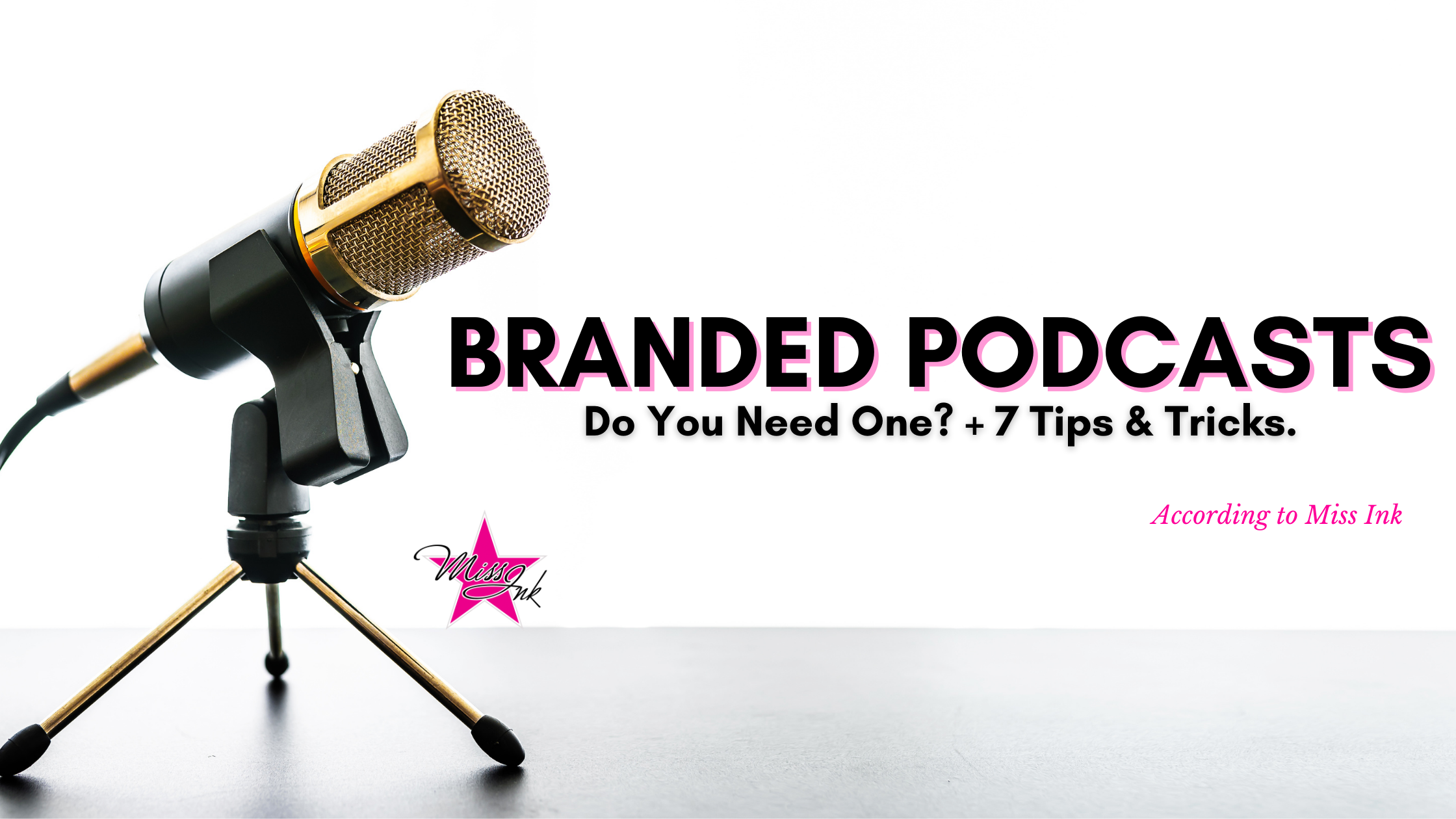Storytelling has always been a powerful way to connect with people, especially with a specific niche that a brand or individual wants to reach. Most businesses have jumped at the chance to tell stories through different visual formats: images, videos, and blogs. However, many people still forget that users are opting more and more for audio content.
With voice search and smart speaker ownership increasing each year, consumers want audio content solutions. And this is where brands must keep up their game and offer not only solutions but content that people are actively looking for or that they simply are interested in.
A good way of doing all of this is through podcasts. A podcast can be defined as “a series of spoken word, audio episodes, all focused on a particular topic or theme, like cycling or startups” (
The podcast host, 2021). This is why brands are more drawn to start a podcast or at the very least, sponsor one, or make an appearance.
In 2020, there were 103 million monthly podcast listeners in the United States, and that rate is expected to rise to 164 million by 2024. (
Statista). In other words, YES this is a great channel for your brand to get its message across. However, any brand wishing to create its own podcast must consider it fully as part of its content marketing strategy, evaluating how they sound, the stories or messages they want to send, but also how and where to tell them.
Not convinced? Here are more reasons to consider them as part of your marketing strategy:
- Listeners can become clients or consumers of your products or offerings: Having a podcast means choosing a specific topic you want to talk about. Users that seek your specific content are likely to engage and have a relationship with you. Further, since your niche reduces your overall audience, listeners are prime candidates for your offer or product.
- Podcasts can add value to your content strategy: If you have a strong visual content strategy and have an audience who is already attentive to your posts, they are likely to be interested in you and what else you have to say. Through podcasting, you can compliment the content that you already have, furthering a relationship with your audience.
- People can listen to you whenever they want: With the On-Demand culture growing more and more every day, podcasts are a good option when it comes to offering content since they are available at the exact moment the user needs it to be.
- Podcasts can help improve brand awareness: According to BBC, branded podcasts lifts brand awareness by 89% and brand consideration by 57%.
- It allows you to build trust: A podcast´s length (usually between 30 to 60 minutes) allows you to dive deeper into your business, your message, and what you offer, without it being a 60-minute ad. If you do it right, you can make it feel personal and intimate, just like having a conversation with a long-lost friend. Combining this, you can help listeners to trust you and your brand.
- You can build a community: With listeners keen on a particular subject, you can easily build a community around a specific topic and your brand.
Here are some tips you may want to consider before starting your branded podcast:
- Think about what you want to talk about: The first thing you should do if you are open to the idea of starting your branded podcast is choosing a topic you´ll be talking about. It should be related to your brand, but consider that listeners are interested in more than that.
- Consider where and when you will be podcasting: Once you´ve chosen your topic, think about the platforms you want to be in and how often you´ll be uploading episodes. For this, it is important to truly know the audience you want to reach. Consider how they behave online, where they are, and other psychographic details.
- Have your listeners be a part of your podcast: Having a one-way conversation is not fun for your audience after some time, so keep in mind that having your listeners be a part of the show is important. This is true even if you have more than one host, or if you have guests. You can always ask your listeners to leave questions for you to answer in the next episode.
- Link your podcast to your social media outlets: Traffic is important for both your social media channels and your podcast. Linking your podcast to your social media will let your followers know that you are hosting a podcast, but it will also help people go directly to it. You can also do it the other way around: tag your social media outlets to your podcast, this way people will know where to find you.
- Be consistent: By this point, you have already chosen a day of the week or the month in which you will be uploading your episodes. Now you have to be consistent and follow through. This also means you have to be consistent with your content, the tone, and the message you want to get across.
- Avoid being overly salesy: Although podcasts are a great tool to get your products or services out there, turning your podcast into a long ad is not advisable. You want people to relate to your content and be interested in more than what you offer: your values, your ideas, and your content in general.
- Know your topics: Being passionate and knowledgeable in your chosen topic will help build trust with your listeners, and will make for a more interesting show.
Remember that a podcast is only a part of your overall content strategy. Sharing bits of it on your social media channels can enrich your content, and improve your online presence overall. Also, don´t forget to keep your other online platforms updated and with relevant content. At Miss Ink, we can help you build a stronger social media content strategy. Give us a call at (305) 537-6465 or contact us
here to know how we can help you can your business.



